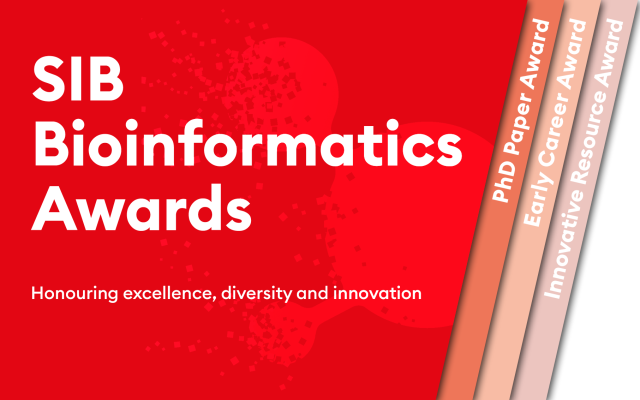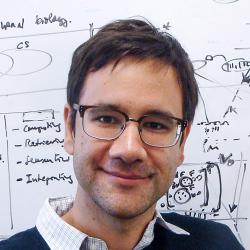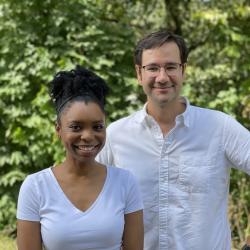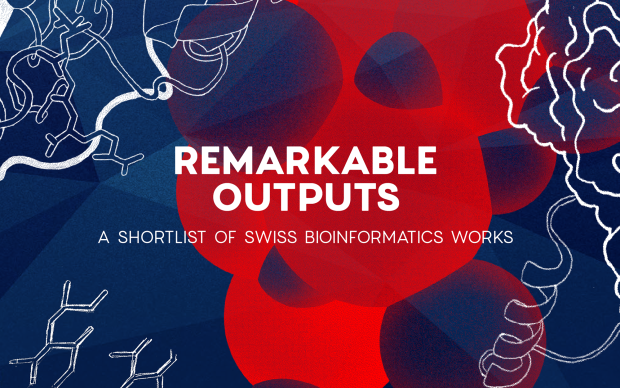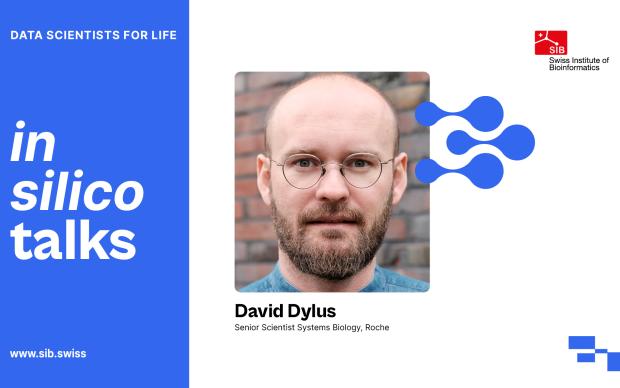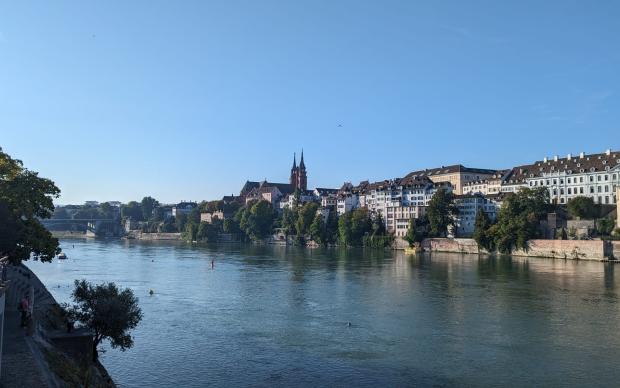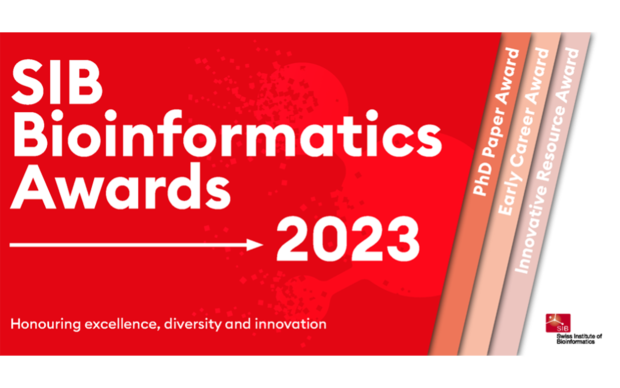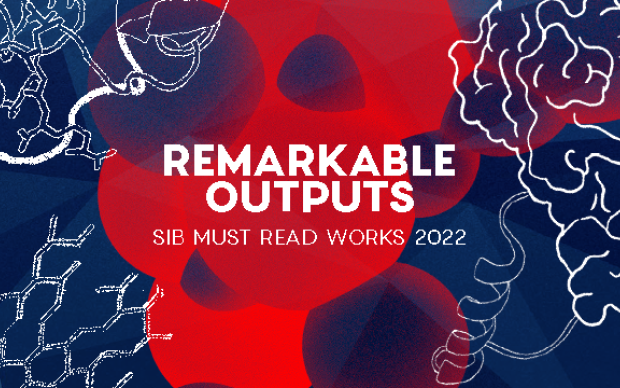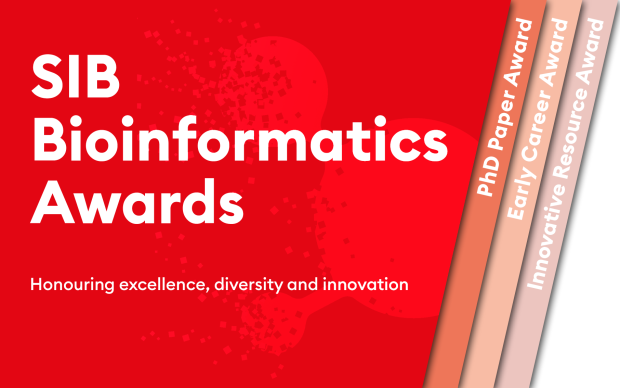Christophe Dessimoz – Laureate of the 2012 SIB Early Career Bioinformatician Award
Christophe Dessimoz received the SIB Early Career Bioinformatician Award for his project focussing on “Resolving the ortholog conjecture: orthologs tend to be weakly, but significantly, more similar in function than paralogs”. This project was part of Christophe’s postdoctoral work in the team of SIB Group Leader Gaston Gonnet at the ETH Zurich, and was carried out in close collaboration with SIB Group Leader Marc Robinson-Rechavi at the University of Lausanne.
Today, Christophe benefits from an SNSF Professorship at the University of Lausanne and has established his own research group – the Laboratory of Computational Evolutionary Biology and Genomics - to study the evolutionary and functional relationships among genes across many species. His group is also developing OMA, the Orthology database and SIB Resource. To learn more about Christophe’s research interests, visit the group’s webpage, watch the enthusiastic lab video and follow @cdessimoz on Twitter.
About the SIB Bioinformatics Awards and our interview series “Meet the past SIB Awards Laureates”
Started in 2008 as an initiative to distinguish young bioinformaticians in Switzerland, the SIB Bioinformatics Awards have gone a long way since: from a single national award to three different prizes today, honouring 1) international early career bioinformaticians (SIB Early Career Bioinformatician Award), 2) excellency within the Swiss PhD community (SIB Best Swiss Bioinformatics Graduate Paper Award) and 3) innovative bioinformatics resources (SIB Bioinformatics Resource Innovation Award). Throughout the years, 21 awards have been presented, with nine laureates recognized for their outstanding early career, ten Graduate students for their excellent publication and two bioinformatics resources for their innovative aspect.
In 2019, the SIB Bioinformatics Awards will be presented for the 10th time, providing a great occasion to reach out to past laureates and ask them where they are now in their career: this interview is part of a series inviting you to meet past SIB Bioinformatics Awards laureates.
At which point of your career were you when you received the SIB Award? How did it feel? What was the key interest of your research at this time point?
When I learned about the award, I had just moved from ETH Zurich to the EMBL-European Bioinformatics Institute for a second postdoc. I remember it being an intense time. I was a young parent, in a new country, trying to wrap up multiple papers that had already started during my time in Zurich, and at the same time discovering a whole new scientific world. EBI is an incredible place for bioinformaticians: the whole beautiful campus is dedicated to bioinformatics, with many interactions, seminars, courses, and visitors. It's a bit like being at the SIB Days every day! But among so many like-minded role models and peers, it's also much harder to stand out, to make a difference. Receiving the SIB Award gave me confidence.
Back then, we were studying what came to be known as the “ortholog conjecture” - the common assumption that orthologs (genes diverging through speciation) tend to be functionally closer than paralogs (genes diverging through duplication). Our study ended up corroborating this theory, but only after we uncovered and modelled previously unknown biases in gene function annotations.
What are your current research interests?
Our lab tries to elucidate evolutionary and functional relationships among genes across many species. We develop bioinformatic methods and resources, and apply these in collaboration with experimentalists. This gives us the chance to work on very diverse topics across the whole tree of life. In recent years, we had projects on crop biotechnology, detection of bacterial outbreaks, the phylogeny of flatworms, the emergence of echolocation in bats, membrane fusion in archaea, or the ferret as a model for respiratory diseases!
In your personal opinion, what is the single most fascinating discovery made possible by bioinformatics?
It's hard to think of any biological discovery that does not involve bioinformatics these days! But if I need to name just one, I think it has to be the reconstruction and annotation of the human genome, in which the role of bioinformatics was paramount.
Any words for the future generation of bioinformaticians?
There is still so much to do. Bioinformatics best days are still ahead of us!


